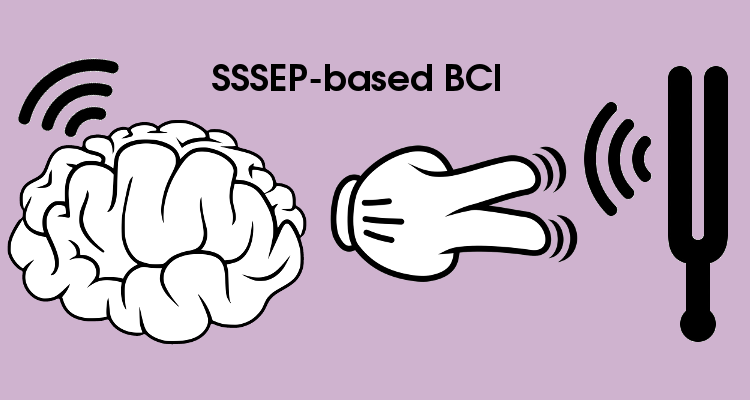PhD position at INSERM/Univ. Lille in the context of the PEARL program (https://www.pearl-phd-lille.eu/).
The NEUROFEEDBHAL project aims to create and validate an innovative non-pharmacological therapy for intrusive pathological mental states in psychiatry.
The candidate must have a Master degree in Cognitive Psychology, Neuroscience, Computer Science or Artificial Intelligence with expertise in at least one of the following topics: programming (e.g., Matlab, Python), machine-learning, fMRI-data analysis, neurofeedback.
Supervisors: Renaud Jardri and François Cabestaing
Starting date: October 1st, 2020.
Application deadline: April 15, 2020.
See PDF :
NEUROFEEDBHAL-PhD-offer


 Version française
Version française